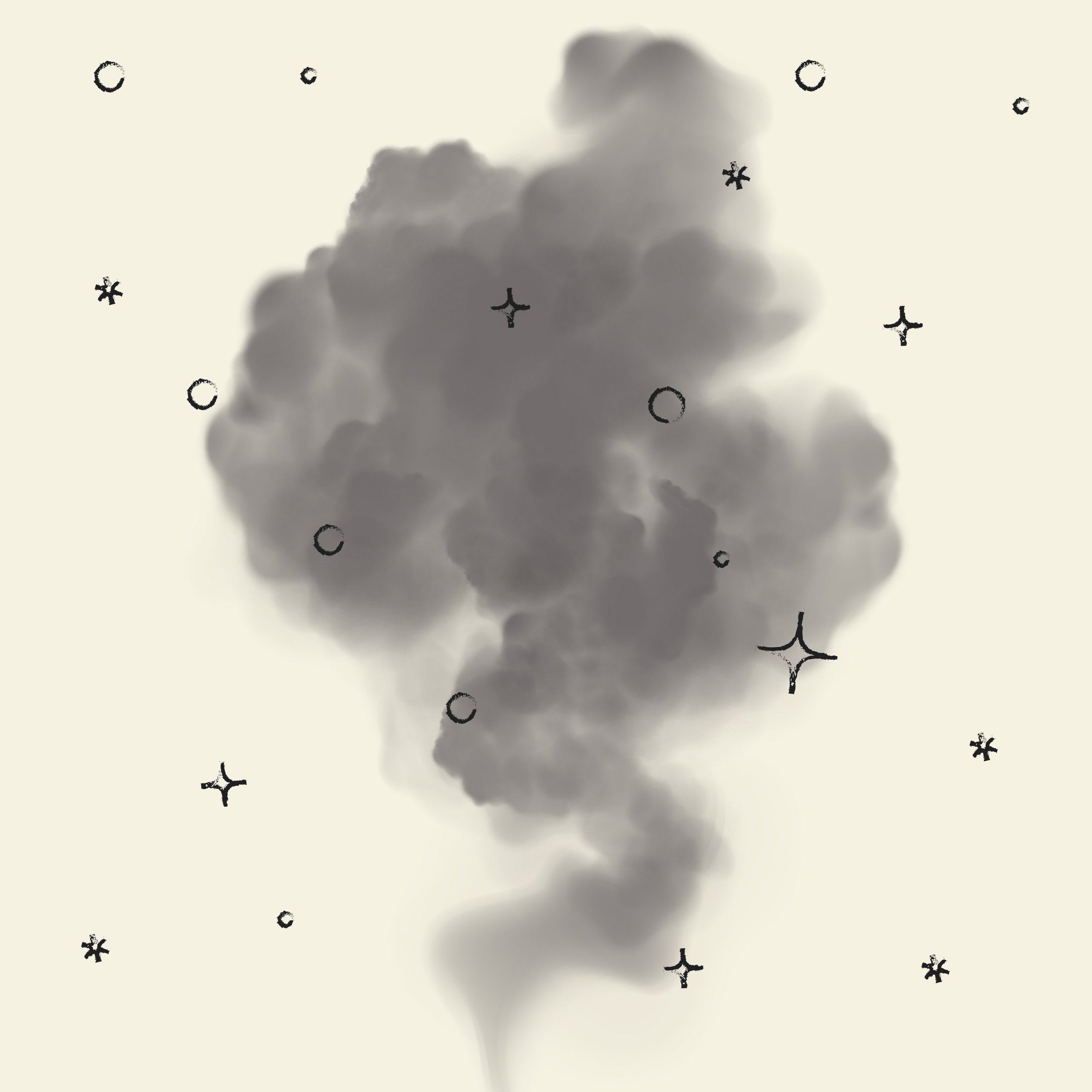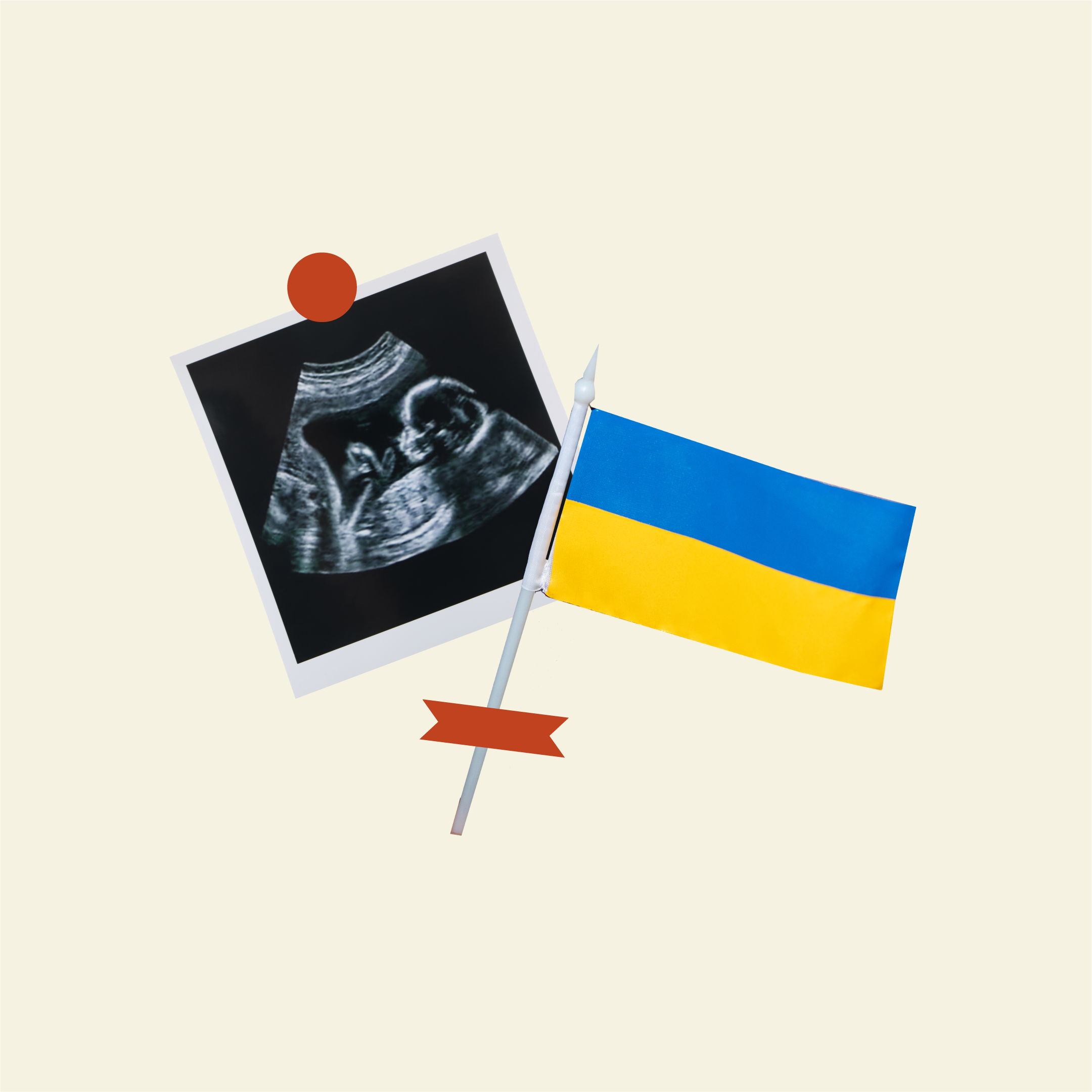The Mood in Moldova
The former Soviet republic looks to sever itself from Russia’s grasp.
OCTOBER 3, 2023
People posed for photographs with a man who was wearing a military uniform and carrying a Russian flag mounted on a fishing pole, on Victory Day in Chișinău, Moldova.
In March, a joint investigation conducted by independent news organizations revealed the Kremlin’s ten-year strategy to assert control over Moldovan politics and society, undermining the small Eastern European nation’s efforts to join the European Union and NATO, and to break free from its reliance upon Russian oil and gas.
Moldova, a former Soviet republic, has been battling Russian efforts to destabilize and infiltrate its government for decades. Yet ever since the full-scale war in Ukraine began in February 2022, the Kremlin has ratcheted up disinformation efforts, engineered energy and economic crises by slashing gas exports, and stoked political unrest by backing Russia-friendly politicians who paid protesters to call for the removal of Moldova’s President Maia Sandu.
Earlier this year, Ukrainian President Volodymyr Zelensky exposed the Russian government’s plans to instigate a coup that would “break the democracy of Moldova.” The document leaked in March outlined the Kremlin’s covert plans to develop the presence of pro-Russian political parties and interest groups, create an active Russian media landscape in Moldova, and to secure official status for the Russian language. The document also mentions the need to maintain the 1,500-strong Russian-backed military force in Transnistria — a breakaway republic where a frozen conflict has lingered for three decades — which is purported to hold a massive cache of Soviet-era weapons and ammunition.
President Sandu has frequently called on the West to help counter these tactics. “It is clear that Russia is trying to establish a pro-Russian government in Chişinău in order to use Moldova against Ukraine, as is happening, for example, in the case of Belarus,” she said in March at the Summit for Democracy hosted by US President Joe Biden.
Unlike Ukraine’s military, Moldova’s is small, inadequately armed and untested in battle.
“People understand, especially ex-military and people who lived through the 1992 war, that if the Russians somehow reach Transnistria, they won’t stop there,” said Oleg Gazea, the mayor of Molovata Nouă, an isolated enclave situated on the east bank of the Dniester River and bordered by Transnistria.
Moldova has proactively tried to buffer Moscow’s ploys. After Russia invaded Ukraine, Moldova applied for European Union membership and was granted candidate status. In December 2022, Moldova suspended the licenses of six television stations for spreading anti-Ukraine propaganda. In June, the constitutional court dissolved the Russian-backed Șor political party and parliament subsequently banned its leaders from running for office for a period of five years. More recently, Moldova expelled dozens of Russian diplomats and embassy staff citing “hostile Russian actions and policies.” The government also stopped all imports of Russian oil and gas. Now, only Transnistria is receiving gas from Russia’s state-owned Gazprom company.
Already one of the poorest countries in Europe, Moldova saw inflation of 30 percent after Moscow slashed gas exports last year. Many of the country’s 2.6 million residents still depend on agriculture, modest pensions, or salaries far below the rest of Europe. A majority of those who accepted payments to take part in the frequent anti-government rallies were elderly pensioners upset about skyrocketing utility prices.
These geopolitical considerations have even played out in a spat over languages. In March, Parliament adopted a law naming Romanian the country’s only official language. Yet in several areas of the country, Russian is still the lingua franca: In Gagauzia, for example, an autonomous territory in the southwest of Moldova, the vast majority of residents are Russian speakers and the region’s newly elected governor, or Başkan, Yevgeniya Gutsul of the now-banned Șor Party, has called for stronger ties with the Kremlin.
In such areas, Russian-language websites and social media channels provide convenient platforms for the spread of disinformation. Frequently used tropes include blaming Moldova’s pro-Europe stances for everything from the economic crisis to the alleged marginalization of Russian speakers to the spread of liberal Western values such as protections for LGBTQ rights.
“They are focusing a lot on internal strife,” said Andrei Curararu, associate researcher at Watchdog MD, a Moldovan think tank that monitors disinformation. “Pro-Russian bloggers and Telegram channels have amplified narratives that say Russian speakers are being discriminated against.”
This series of images is meant to capture the mood in Moldova as its people grapple with opposing forces that tug it back and forth between the influence of Russia and the West, and between nostalgia for the bygone Soviet era and a potential future as part of Europe.
A Soviet mosaic titled “The City is Flourishing and Being Built,” inside the Central Bus Station in Chișinău, Moldova. Visual reminders of Moldova's ties to the Soviet Union are scattered around the country.
An open-air market where unlicensed vendors sell their wares, in Chișinău, Moldova. Moldova is one of the poorest countries in Europe, and according to the United Nations Development Program, it’s one of the countries facing the most drastic inflation due to the war in Ukraine.
A shepherd with his flock near Bulhac, Moldova. Much of the population is still dependent on agriculture.
Protesters call for the removal of Moldova's President Maia Sandu during a rally in Chișinău, Moldova. Starting last fall, pro-Russian Moldovan politicians began organizing frequent anti-government rallies, allegedly paying protesters. Many of those who attend are elderly pensioners upset about the skyrocketing prices of utilities.
A gas pipe passed overhead as a boy looked over a wall in Varnița, Moldova. Gas prices skyrocketed last year in Moldova after Russia drastically cut its gas exports.
A man sleeps on a public bench in Chișinău, Moldova. High inflation had a disproportionate impact on poorer Moldovans in 2023.
A market in Chișinău, Moldova. Many Moldovans said they could not afford basic food staples during the height of the crisis.
Moldova's President Maia Sandu, center, with European Parliament President Roberta Metsola, 2nd left, arriving for a pro-European Union integration rally, in Chișinău, Moldova.
Orthodox Christians kissed a religious icon after a procession, in Chișinău, Moldova. Moldova’s East-West struggle has even found its way into religion, as worshippers are forced to choose between following the Romanian Orthodox Church or the Russian Orthodox Church.
Police, in black, walk alongside the annual Pride Parade for protection, in Chișinău, Moldova. Kremlin-friendly politicians and Russian-language media regularly spread anti-LGBTQ disinformation in Moldova, playing upon already deeply engrained negative perceptions among their conservative base.
Queer Café, in Chișinău, has received online threats and been a target of hate speech.
The ferry between Molovata and Molovata Nouă crossing the Dniester River. Situated on the east bank of the Dniester, Molovata Nouă is isolated from the rest of Moldovan-controlled territory to the West.
A historical photo, center, depicting a group visit to a Soviet monument in Cocieri, on display at the Museum of History and Ethnography in Molovata Nouă, Moldova. The two towns are less than 5km apart, but most of Cocieri lies in Transnistrian territory, while Molovata Nouă is under the control of Moldova.
A woman moves a pram as a man does yardwork, in Varnița, Moldova. In the background, the Dniester River can be seen, and beyond that, the breakaway republic of Transnistria.
A statue of Vladimir Lenin in Vulcanești, in Gagauzia, Moldova. In Moldova’s autonomous Gagauzia territory, where Russian is the primary language, monuments to the Communist leader, and streets bearing his name, are a common sight.
A Gagauz dance troupe rehearses at the House of Culture in Congaz in the autonomous region of Gagauzia, Moldova. While the Gagauz people hold fast to their own identity and traditions, as many as 93 percent favor closer ties with Russia, according to a February poll.
People placed flowers near the eternal flame at the "Eternity Memorial Complex", a monument to fallen Soviet soldiers during WWII, on Victory Day in Chișinău, Moldova.



